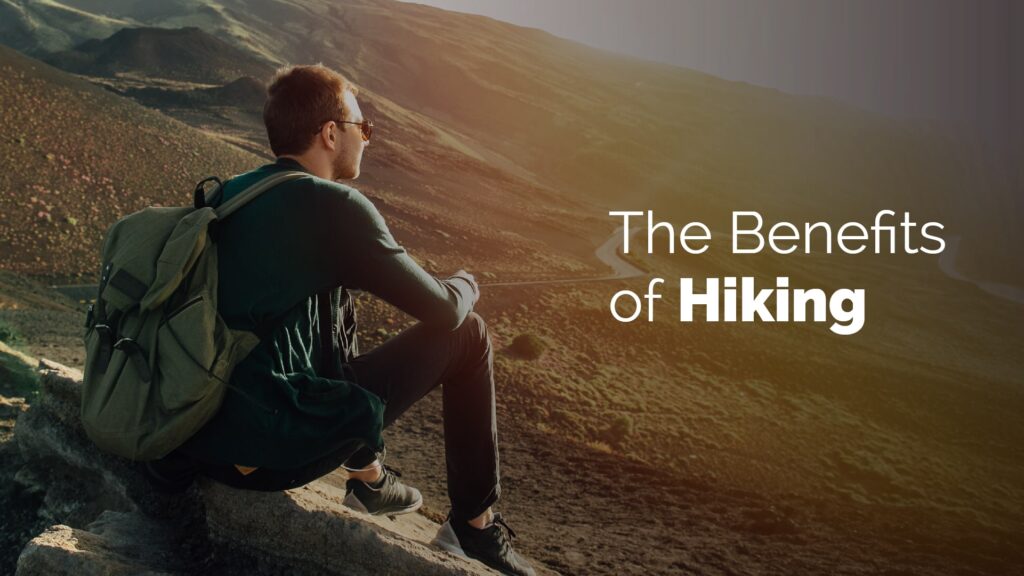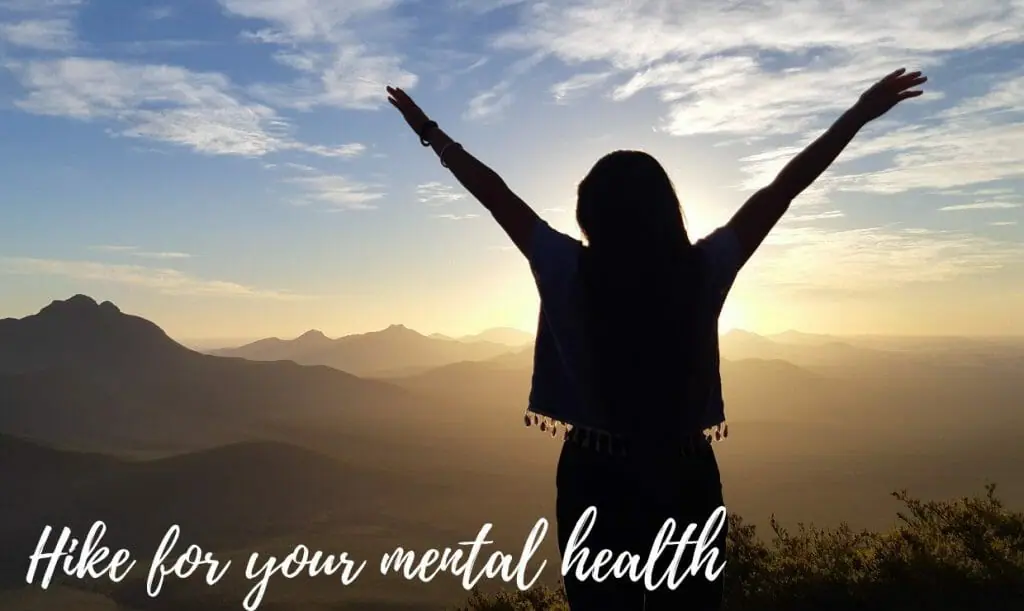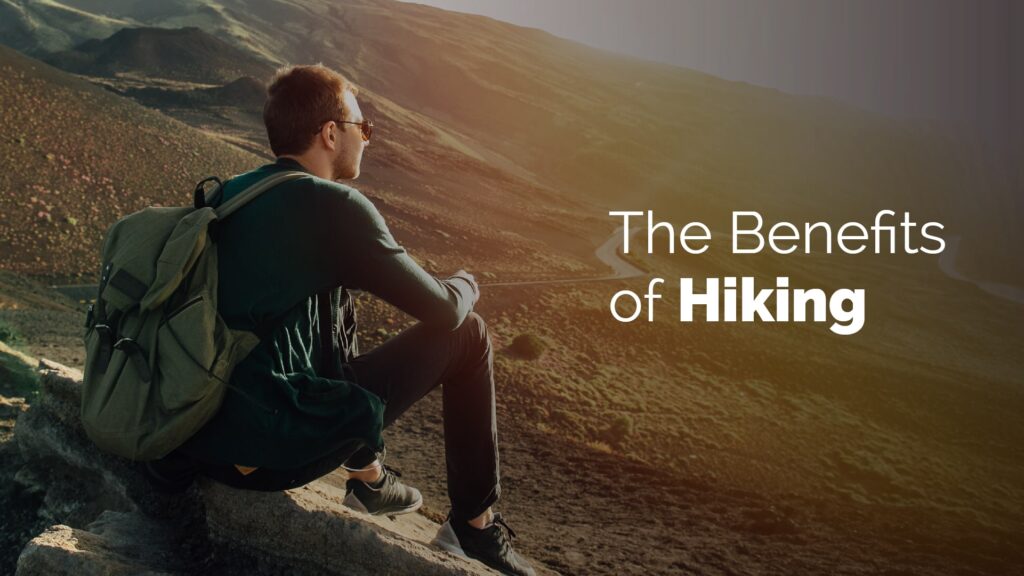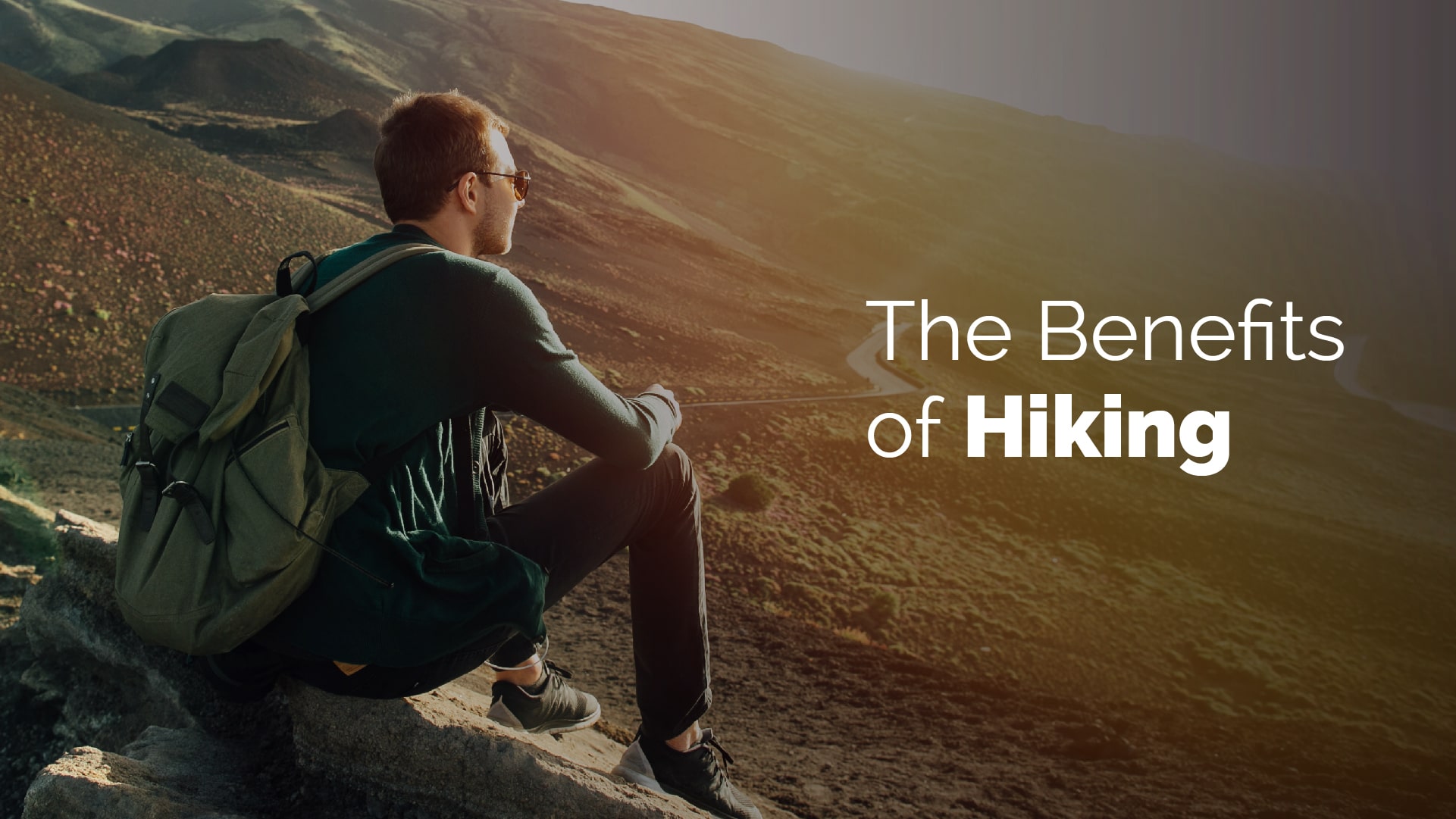
Hiking is much more than a recreational activity; it’s a holistic exercise that benefits both the body and mind. Whether you’re trekking a gentle woodland trail or scaling a rugged mountain path, hiking can transform your physical health, mental clarity, and overall well-being. This comprehensive guide explores every aspect of hiking’s benefits, supported by science, expert opinions, and real-life testimonials.
1. Physical Benefits of Hiking

Cardiovascular Health
- Improves heart function by increasing the heart rate.
- Reduces blood pressure and bad cholesterol (LDL).
- Increases good cholesterol (HDL).
Muscle Strength and Endurance
- Strengthens lower body muscles (quads, calves, hamstrings).
- Engages core muscles for stability.
- Builds upper body strength when using trekking poles.
Weight Loss and Metabolism Boost
- Burns between 400-700 calories per hour (depending on intensity).
- Enhances metabolic rate post-hike (after-burn effect).
- Promotes fat loss without muscle depletion.
Bone Density and Joint Health
- Weight-bearing exercise improves bone strength.
- Encourages joint flexibility, reducing arthritis risk.
- Natural uneven terrain enhances proprioception.
Respiratory Benefits
- Increases lung capacity.
- Enhances oxygen flow throughout the body.
- Strengthens respiratory muscles.
2. Mental Benefits of Hiking

Stress Reduction
- Exposure to nature lowers cortisol levels (stress hormone).
- Promotes relaxation through rhythmic walking.
- Natural light boosts serotonin, improving mood.
Mental Clarity and Focus
- Disconnection from digital devices refreshes cognitive functions.
- Solitude in nature allows for introspection and problem-solving.
- Rhythmic walking induces a meditative state.
Anxiety and Depression Relief
- Green spaces associated with lower anxiety and depression symptoms.
- Releases endorphins and dopamine, natural mood enhancers.
- Provides a sense of accomplishment and purpose.
Cognitive Health
- Enhances memory, especially spatial awareness.
- Delays cognitive decline in older adults.
- Stimulates creativity and divergent thinking.
3. Social and Emotional Benefits
Strengthening Relationships
- Bonding experience when hiking with friends or family.
- Team-building opportunities on group hikes.
Building Self-Confidence
- Overcoming challenging trails boosts self-esteem.
- Sense of independence and resilience.
4. Spiritual and Psychological Benefits

Connection with Nature
- Enhances mindfulness and present-moment awareness.
- Fosters appreciation for the environment and life.
Emotional Healing
- Solitude can help process grief or trauma.
- Facilitates mental rest and renewal.
5. Real-Life Stories: Hiking Changed My Life

Case Study 1: Heart Health Recovery
- John (age 55) reversed pre-diabetic symptoms and high blood pressure after weekly hikes.
Case Study 2: Battling Depression
- Sarah (age 28) reduced her antidepressant dosage after committing to morning hikes in the hills.
Case Study 3: Weight Loss Journey

- Ahmed (age 40) lost 15 kg in 8 months, replacing gym workouts with weekend mountain treks.
6. Scientific Studies Supporting Hiking Benefits
- Journal of Environmental Psychology: Hiking in green spaces improves mood and self-esteem.
- American Heart Association: Regular hiking reduces coronary heart disease risk.
- National Institutes of Health (NIH): Physical activity like hiking slows cognitive decline.
7. How to Maximize the Benefits of Hiking

Consistency is Key
- Aim for 2-3 hikes per week.
- Mix trail difficulty levels.
Set Goals
- Track distance, elevation, and fitness progress.
Mindful Hiking
- Engage senses: smell the air, listen to birds, feel textures.
8. Hiking vs Other Exercises

| Benefit Area | Hiking | Gym Workouts | Running |
|---|---|---|---|
| Cardiovascular | Excellent | Excellent | Excellent |
| Muscle Strength | Lower Body, Core | Full Body | Lower Body |
| Mental Clarity | Outstanding (nature immersion) | Moderate (indoors) | High (runner’s high) |
| Social Aspect | High (group hikes) | Low | Low |
| Injury Risk | Low to Moderate | Moderate | High (impact) |
9. Tips for Beginners to Get Started
- Start with short, easy trails.
- Invest in comfortable hiking shoes.
- Stay hydrated.
- Don’t hike alone initially.
- Check weather and trail conditions.
Conclusion
Hiking is one of the most accessible and rewarding ways to improve your physical health, boost your mental clarity, and enrich your emotional well-being. Whether you’re walking in a city park or ascending a mountain peak, every step offers transformative benefits. Make hiking a part of your lifestyle to enjoy a healthier, happier you.


No responses yet